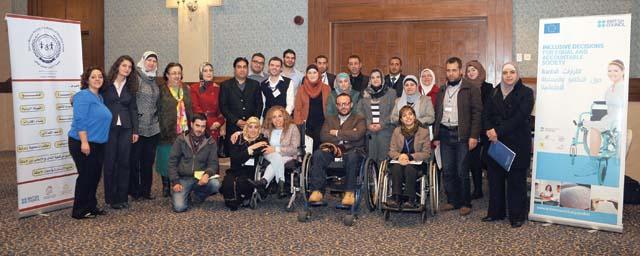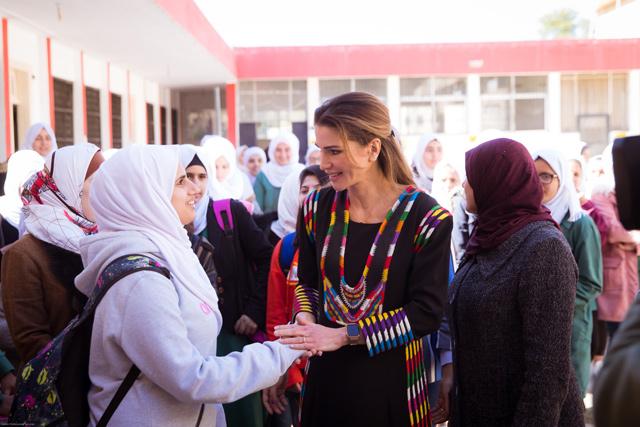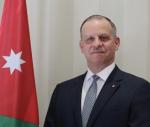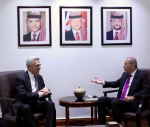AMMAN — Building inclusive societies for people with disabilities requires an action-oriented approach that engages all stakeholders, participants in a round-table discussion said on Tuesday.
During the event, held as part of the EU-funded programme “Inclusive Decisions for Equal and Accountable Society (IDEAS)”, they discussed possibilities and resources to ensure the integration of people with disabilities into society.
The three-year programme, which was launched in 2013, is implemented by the British Council in cooperation with the “I am a Human Society for Rights of People with Disabilities” to enhance the capabilities of civil society organisations’ (CSOs) role in partnering with the government to serve citizens with disabilities.
IDEAS is simultaneously being implemented in Jordan, Lebanon, Armenia, Azerbaijan and Ukraine.
As part of the project’s activities, participants from countries benefiting from the scheme prepared a framework for decision makers in their respective states to strengthen the ability of governments to recognise and address the needs of people with disabilities.
In addition, they organised workshops and an educational visit to the UK to learn about the best practices of inclusive decision making between the government and representatives of CSOs.
“We have to find the tools that enable us to make society… recognise the potential of individuals with disabilities… the media should tackle disabilities as a type of human diversity,” May Abu Hamdia, deputy director of the British Council, said during the discussion.
Alia Zureikat, the project’s counsellor, highlighted the initiative’s priorities, which include ensuring the involvement of people with disabilities in the decision-making process and eliminating obstacles hindering their full inclusion in society.
“Having a Lower House deputy with disability is an example of what the project aims to achieve,” said Zureikat, who is also director of the Higher Council for the Affairs of Persons with Disabilities’ communications and international relations department.
Meanwhile, Asia Yaghi, the president of the I am a Human Society, stressed that each country taking part in the scheme will work on its own priorities according to the needs of people with disabilities.
“We can seriously say we are doing very well in Jordan in terms of bridging the gap between the government and citizens with disabilities,” she said, adding that a toolkit will be prepared to train trainers on promoting inclusive decision making for authorities, CSOs and the media.
Participants at the round-table discussion represented the media, civil society and the government and drew up the final framework to take inclusive decisions that recognise the needs of people with disabilities.


















